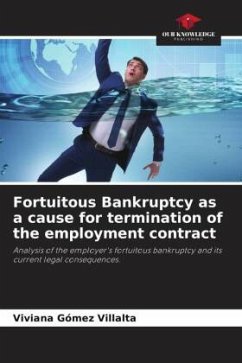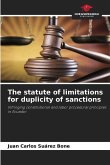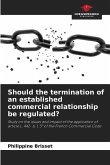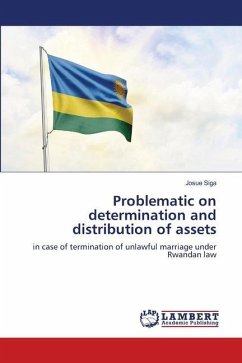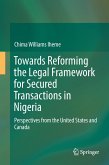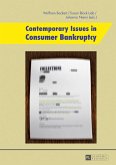At present, the Ecuadorian labor code does not foresee fortuitous bankruptcy as a cause for termination of the employment contract, that is to say, when a company is declared bankrupt, the employer assumes the responsibility for the definitive termination of the labor relations and by law it is his responsibility to pay the indemnity for untimely dismissal to the worker.Thus we can point out that the employer, who, having had a good diligence in the management of his company, and who, due to causes not attributable to him, such as inflation, incoherent socioeconomic policies, or even a pandemic, etc., is obliged to indemnify the employee for the termination of the labor relations.We must point out that the labor code is designed in such a way that it grants maximum protection to the workers, therefore, the grounds for termination of the labor contract are very few, limiting the employer's ability to break the labor relations.In view of the above, this academic paper proposes the idea that the labor code establishes the possibility of terminating the employment contract, once the fortuitous bankruptcy of the employer has occurred.
Bitte wählen Sie Ihr Anliegen aus.
Rechnungen
Retourenschein anfordern
Bestellstatus
Storno

